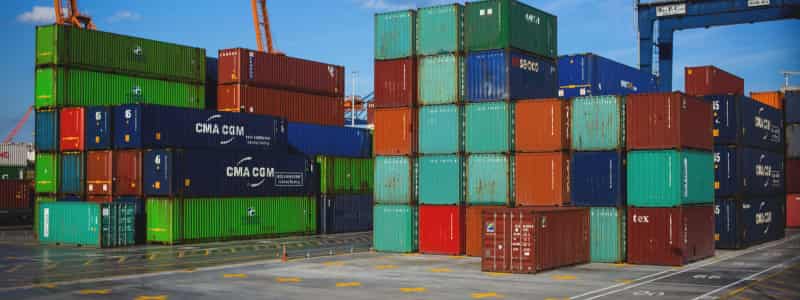Lachlan is an intern at Lawpath as part of the content team. He is currently studying a Juris Doctor at the University of Sydney. Lachlan has a keen interest in corporate law and commercial litigation.
If you are involved with exporting or importing goods, chances are you have encountered tariffs. Tariffs can result in price increases for your products and inhibit your ability to be competitive with locally-based companies. Tariffs and their effects should be kept in when you are importing goods into Australia or exporting to other countries. By understanding them, you can understand your industry more substantially and compete more effectively in your industry.
What Are the Features and Characteristics of a Tariff?
Tariffs are taxes that countries levy upon imports from external nations. They come in a myriad of forms, and can be charged on a percentage or unit basis. They will vary across industries and segments of the economy. Various international agreements and trading blocs can impact upon the rate of tariffs when exporting or importing goods. Tariffs usually result in the increase of foreign-made products as businesses will pass on the cost of them to their customers.
What Are the Effects of Tariffs?
The primary impact that tariffs will have is to increase the production cost of foreign-made goods in the domestic economy. You have a choice of whether to absorb them or increase your prices to reflect the increased costs of production. If you absorb them into your prices, you will be able to remain more competitive with local competitors on a price standpoint. However, this will result in you receiving or profit per product sold.
Furthermore, depending on your production costs, they may inhibit your long-term profitability if they cause your costs to increase above your existing price. In these cases, you may choose to pass your tariff costs onto your consumers by raising your prices. While this may limit your sales, you can ensure you maintain the same profit margin as if the tariffs were not implemented. Chiefly, tariffs will inhibit your ability to compete on a level playing field with locally-based competitors.
Why Do Countries Have Them Then?
There are many reasons why countries choose to enforce tariffs despite their harm against pure economic efficiency. Chiefly, countries will implement them to protect domestic industries from foreign competition. They usually choose to protect domestic industries to maintain domestic employment and encourage the growth of domestic production. Furthermore, countries will implement them to ensure compliance with domestic environmental, social or business regulation. Finally, countries will implement them to provide a source of government revenue.
What Are the Main Tariffs for Importing Into Australia?
The main tariffs you will encounter in importing goods into Australia are custom duties. Custom duties apply to when you import goods into Australia, and will require you to make a declaration and provide your ABN. Your import declaration will be utilised to determine the amount of custom duties you are required to pay on importing goods into Australia. However you may be exempt or have a concession for custom duties depending on the circumstances. There may be other tariffs besides customs duties, so you should consult a business lawyer when importing goods into Australia.
Conclusion
Therefore, knowing about tariffs can assist you in understanding your production costs when exporting and importing goods. If exporting to countries outside Australia, make sure you look up the relevant tariffs before deciding to enter and conduct business in foreign markets.
Still unsure? Contact a LawPath consultant on 1800 529 728 to learn more about property forms and to obtain a fixed-fee quote from Australia’s largest legal marketplace.






